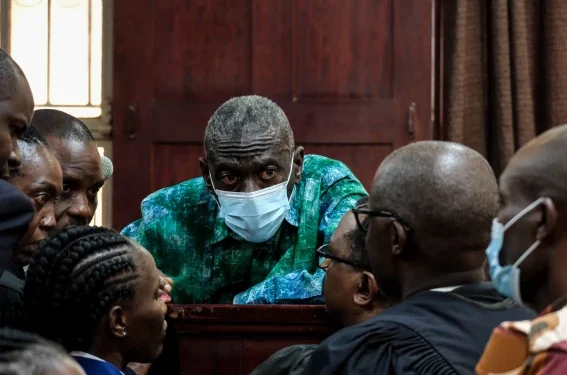Vulnerabilities to essential health services since the pandemic hit the global economy still lingers, as 90 per cent of countries hint of persistent disruptions this year.
The Covid-19 pandemic exposed fragilities that had characterized essential health services within various economies across the globe. This was as the spread of infections increased.
Although global rates of infections have reduced, the pandemic continues to cause substantial disruptions. Besides, the majority of countries are still reporting a number of disruptions.
Based on the second round of the pulse survey by the WHO, these pockets of disruptions surprisingly suggest no substantial change compared to the first survey in 2020. A within-country perspective, however, indicated that the extent of disruptions has decreased.
In the first round of the survey, countries reported that about half of essential health services were disrupted. Nonetheless, the second round showed that countries have made progress, with over one-third of services now being disrupted.
About 43 percent of countries indicated financial threats as most threatening and as such the major disruption in service utilization.
Following this, millions of people are still missing out on vital health care. About 20 percent of countries said potentially life-saving emergency as well as critical and surgical care interventions are still disrupted. This, however, reflects the most sudden indirect consequences of the pandemic.
Making headway in reducing disruptions
The survey finds that countries have generally been working to drastically reduce disruptions. Countries consulted indicated efforts in informing the public on changes in service delivery and how to safely seek health care.
In addition, more than half the countries said they have recruited additional staff to boost the health workforce; redirected patients to other care facilities; and switched to alternative methods to delivering care, including providing more home-based services, prescriptions for treatments, and increasing the use of telemedicine.
The WHO and its partners have also been supportive to countries, helping them to adapt their processes in order to ensure that they better respond to any challenges on their health system.
Dr Tedros Adhanom Ghebreyesus, Director General, WHO commented that:
“It is encouraging to see that countries are beginning to build back their essential health services, but much remains to be done.
“The survey highlights the need to intensify efforts and take additional steps to close gaps and strengthen services. It will be especially important to monitor the situation in countries that were struggling to provide health services before the pandemic.”
Dr Tedros Adhanom Ghebreyesus, Director General, WHO
Henrietta Fore, UNICEF Executive Director remarked that: “The COVID-19 pandemic continues to pose serious challenges to global health beyond the impact of the disease itself. For children, disruptions to immunization services have serious consequences.“
“As we scale up delivery of COVID-19 vaccines, we have to ensure that this does not come at the cost of essential childhood vaccinations. We cannot allow today’s fight against COVID-19 to undermine our fight against measles, polio or other vaccine preventable illnesses.
“Prolonged immunization disruptions will have long-term consequences for children’s health. The time to catch up is now.”
Henrietta Fore, UNICEF Executive Director
READ MORE: Coal demand to bounce back, worsening climate risks a worry























